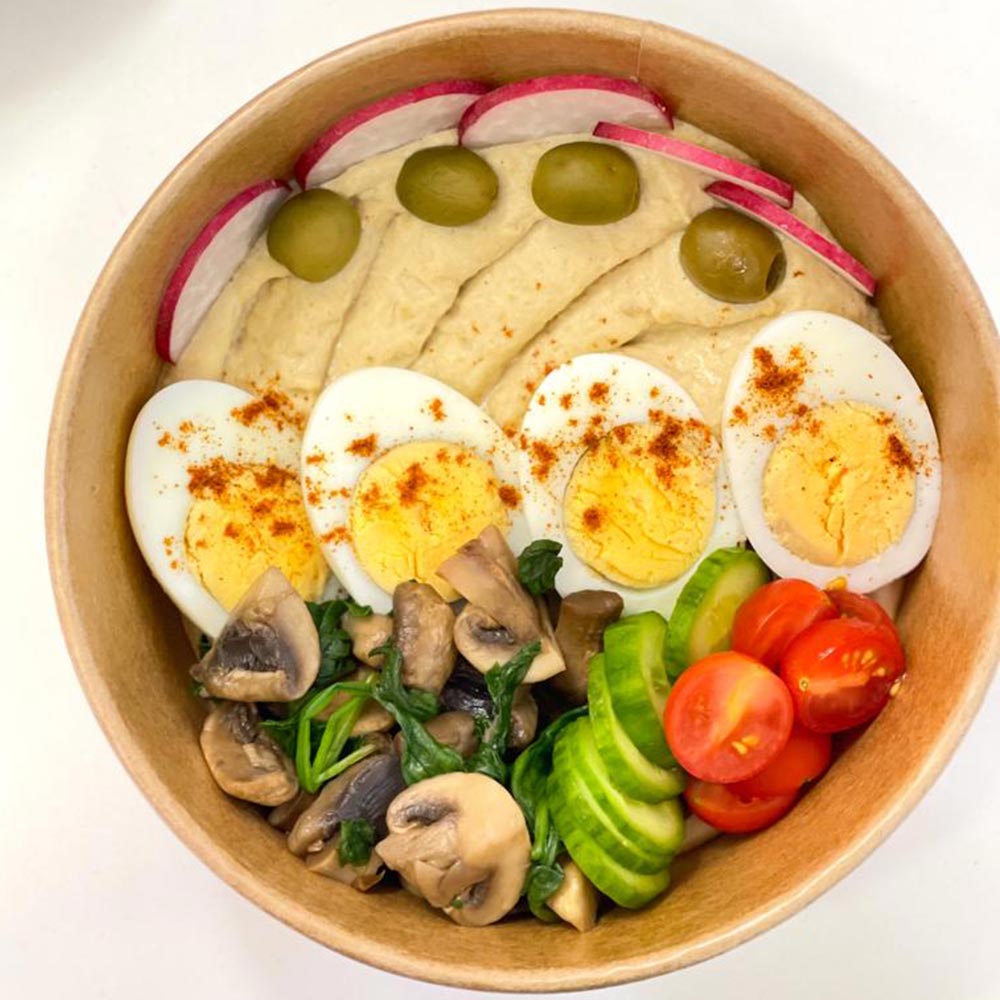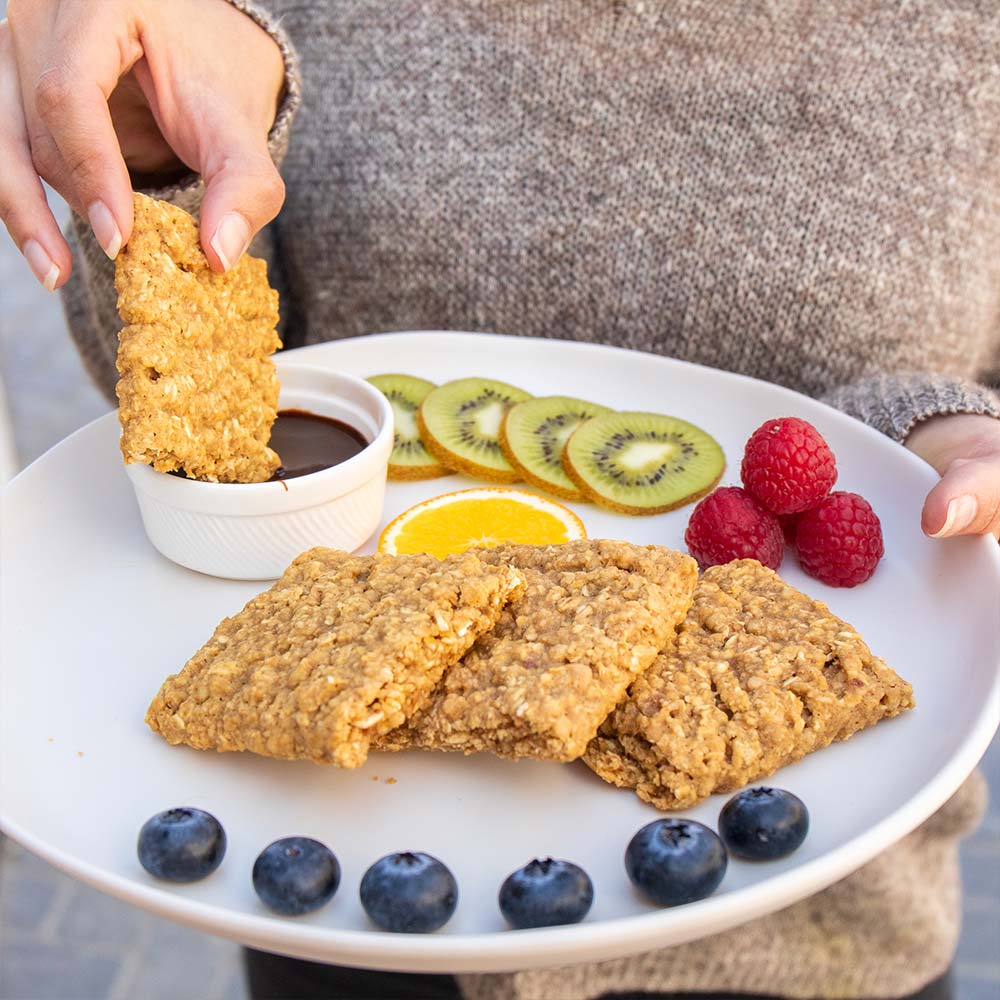Learn how to improve your workouts by
nourishing your body like great athletes do, from protein to carbohydrates.
Regardless if you never compete in any high
intense sport such as Football, Basketball, Marathons and so on, you can still
get the most out of your exercises by properly fuelling your body. This will
not only offer you more energy and increase your performance while exercise,
but it will also make you feel better throughout the day.
These four suggestions will help you prepare your body for your next treadmill, track, or stair exercise at work.
1. Hydrate Correctly
Most individuals sweat while they workout.
The amount varies according on the intensity of the activity, the surroundings,
and even the athlete's DNA. Drinking plenty of fluids before, during, and after
exercise will keep you hydrated. Weigh yourself before and after exercising. If
you've lost weight, drink an additional 16 ounces of water for each pound lost
the next time you exercise. If you gained weight, you may be able to reduce
your fluid intake slightly.
Sports retailers provide a wide range of sports beverages that contain substances such as fast-acting carbohydrates and electrolytes such as potassium and sodium. However, for moderate exercisers, simplicity is sometimes preferable. If they have a high sweat rate, detect salt on their skin and clothes after a workout, or experience cramps, they should try a sodium-containing beverage.
2. Consume Enough Carbohydrates
Carbs are the primary fuel that your body uses during exercise; persons who exercise at any level should consume 50 to 60% of their daily calories from carbohydrates. Fitness athletes, especially those who exercise modestly, may not need to rely on sports gels and drinks to supply immediate energy to their muscles. During high-intensity or longer-duration training sessions, people ingest enough calories, including carbs. This aids in the maintenance of body weight, health, and performance. This is also true for fitness athletes training for or competing in lengthy races like half or full marathons.
Read More: The Role of Energy Meal Plans in Fitness Goals
3. Distribute Your Protein
Protein accounts for 15 to 20% of daily
calories for most people, depending on their size and the sort of exercise they
conduct. If you're attempting to gain lean muscle mass, you may need to consume
more protein than if you primarily engage in endurance activities such as
walking or jogging. Muscle growth is improved by eating protein more regularly
throughout the day. This might imply increasing protein at breakfast, which is
normally a low-protein meal for many people, and reducing protein at evening.
Your protein consumption will be influenced by your activity goals. If you want to increase lean muscle mass, tone your muscles, or reduce weight, this is the supplement for you. To assist muscle growth, consume 20 grams of a complete protein as soon as feasible after exercise. Proteins that are readily digested and absorbed, such as milk and whey protein, should be used.
4. Keep a Balanced Diet Overall
It's natural to focus on what you eat or
drink just before or after your exercises when thinking about exercise
nutrition. But the rest of the day is as important. Diet is one of those
seemingly little factors that, over time, may have a significant influence on
an athlete's health and performance.
When it comes to diet, moderate exercisers and elite athletes follow the same guidelines. This includes consuming whole grains, fruits, and vegetables; lean protein sources including lean cuts of meat, poultry, low-fat milk, and beans; and healthy fats like nuts, olive oil, and avocados.
5. Supplements Can Also Be Beneficial Prior to Exercise
Sports supplementation is prevalent. These
supplements may boost performance, strength, lean body mass, and weariness.
Three hours to 30 minutes before an
exercise, consume a pre-workout meal. Choose foods that are easier to digest,
especially if your workout is shorter than an hour. This will assist you in
avoiding gastrointestinal problems. It's critical to nourish your body with the
correct nutrients before a workout to improve your performance and recovery.






























